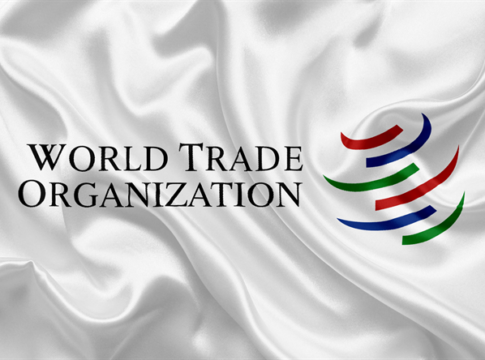The World Trade Organization’s (WTO) Annual Report 2024 provides a comprehensive analysis of global trade trends, focusing on the transformative potential of e-commerce. The report projects that e-commerce could constitute over 30% of global trade by 2030, driven by rapid technological advancements and increasing digitization.
Income Convergence and Trade Inclusiveness
Over the past three decades, the world has experienced a period of income convergence, with the gap in income levels between economies narrowing. Economic growth has significantly improved living conditions for many people. However, the benefits of more open trade have not been evenly distributed, and some individuals and economies have not reaped its full benefits.
This year’s report delves into the interlinkages between trade and inclusiveness, both across and within economies. It emphasizes that to make the benefits of trade more inclusive, trade policies must be complemented by robust domestic policies.
Diversification of Global Value Chains
The report underscores the importance of diversifying global value chains (GVCs). Diversification can help mitigate risks associated with supply chain disruptions and create new opportunities for low- and middle-income economies. By integrating more diverse economic actors into GVCs, these economies can boost their economic resilience and growth.
Reducing Trade Costs Through Digitalization
Digitalization is highlighted as a critical factor in reducing trade costs. The adoption of digital technologies and e-commerce platforms can streamline trade processes, making it easier for businesses, especially small and medium-sized enterprises (SMEs), to participate in global trade. Digital trade not only enhances efficiency but also expands market access.
Transition to a Low-Carbon Economy
The transition to a low-carbon economy presents both challenges and opportunities. The report discusses how this transition can create new avenues for trade, particularly for economies that invest in sustainable practices and green technologies. By aligning trade policies with environmental sustainability, economies can contribute to global efforts to combat climate change while fostering economic growth.
Complementary Domestic Policies
To ensure that trade benefits are widely distributed, the report emphasizes the need for complementary domestic measures. Policies related to labor, education, and competition are crucial in making the gains from trade more accessible to workers and consumers. For instance, education policies can equip the workforce with digital skills, while competition policies can ensure fair market practices.
Enhanced WTO Cooperation
The report advocates for enhanced cooperation between the WTO and other international organizations. Such collaboration can magnify the impact of combined efforts to increase inclusiveness within and across economies. By working together, international organizations can address global challenges more effectively and promote sustainable development.
Conclusion
The WTO Annual Report 2024 paints an optimistic picture of the future of global trade, with e-commerce poised to play a pivotal role. However, it also calls for a balanced approach, where trade policies are integrated with comprehensive domestic measures to ensure that the benefits of trade are inclusive and sustainable. As the world moves towards a more digital and low-carbon future, the WTO’s emphasis on inclusiveness and cooperation will be key to achieving equitable economic growth.


